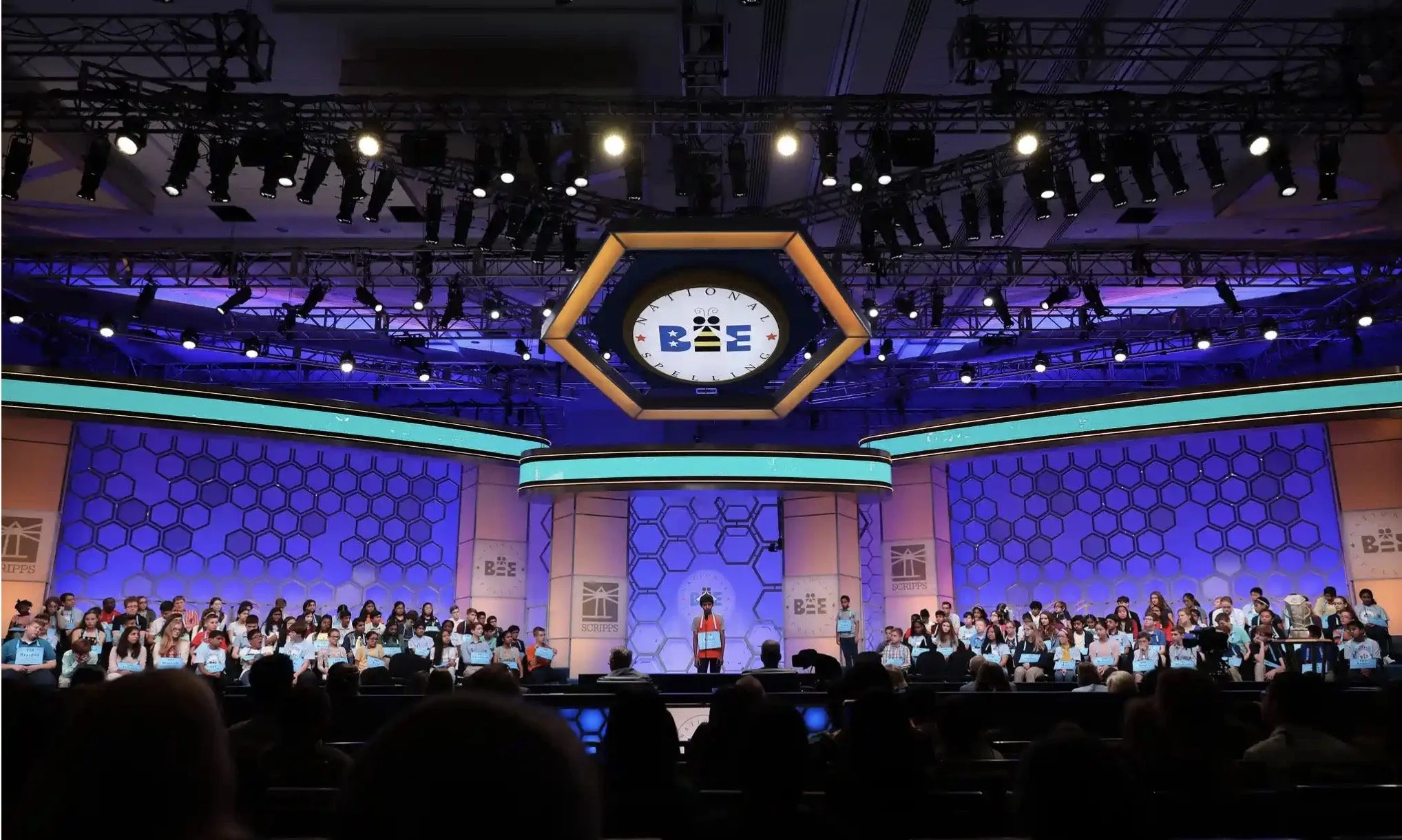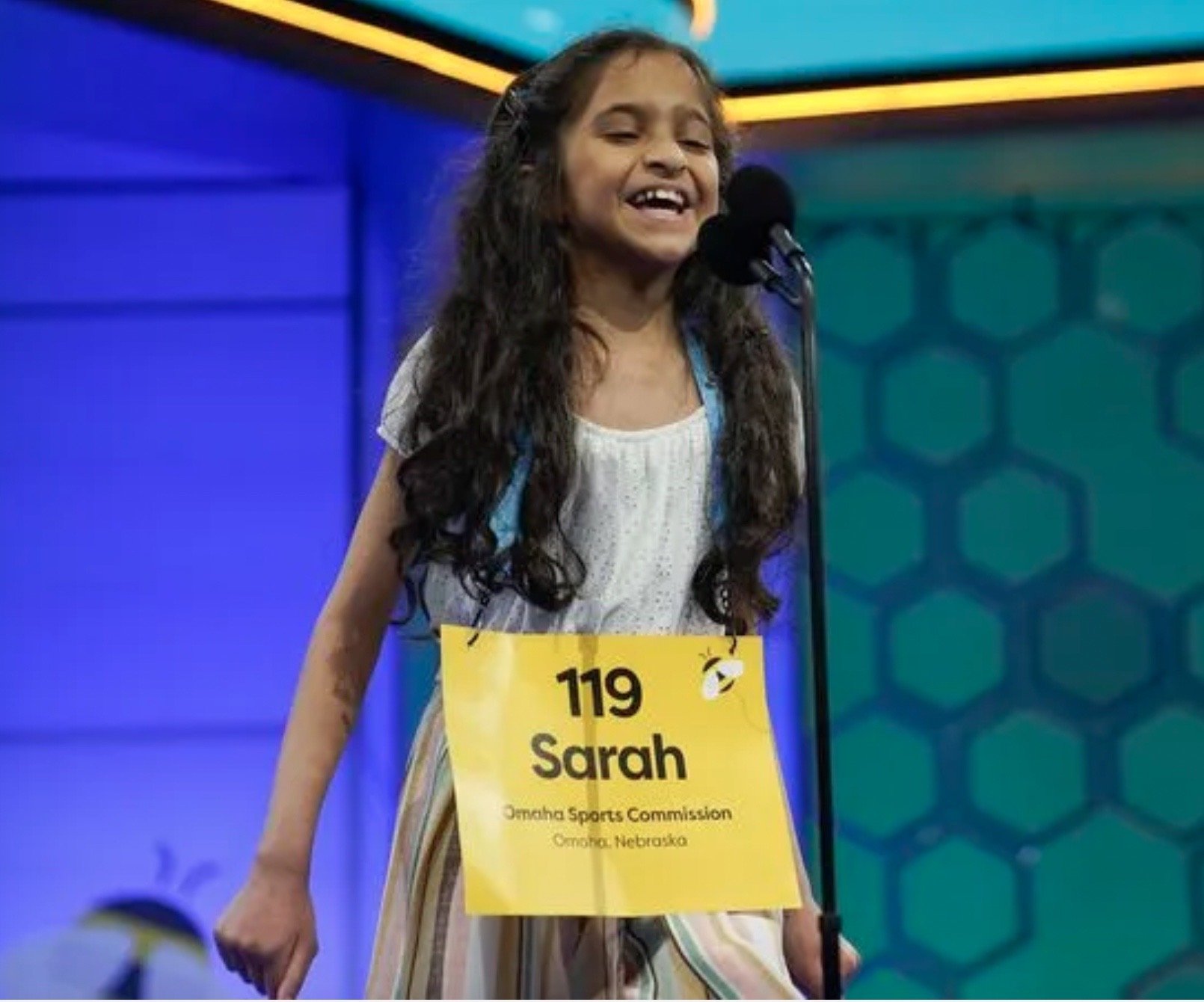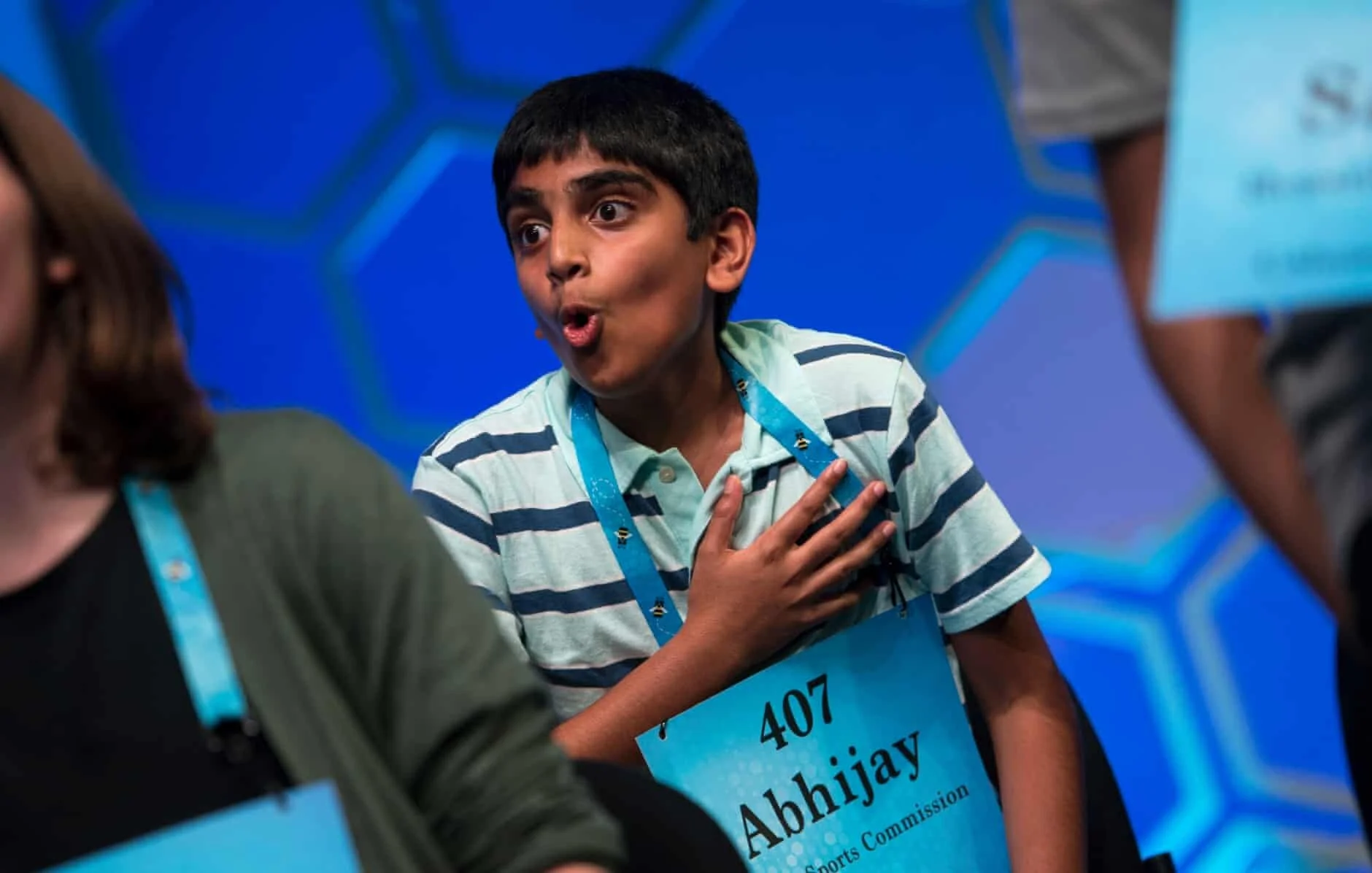Remy Tumin, New York Times, June 1, 2023.
"Good spellers are like good detectives: They know how to ask the right questions and use the answers as clues to solve puzzles. Good spellers tend to be children who are good at recognizing patterns, said Scott Remer, a former competitor turned coach. They’ll start the methodical process of piecing together the clues — asking for a definition, the origins of the word, the part of speech, different pronunciations — before making a hypothesis and proposing a spelling.
Mr. Remer said a good speller has to focus on several areas of study in order to succeed: vocabulary, Latin and Greek roots, orthographic rules for each language, memorization, and a streamlined study method.
Then there are the “habits of character” that the bee requires, encourages and reinforces, he said, including self-discipline, poise and grit, characteristics that are more widely seen in the older competitors.
Spellers who get caught in the fight-or-flight response can’t refer back to their coaching or study sessions, he said.
“Panic can be a very big enemy of a speller,” he said.
But no matter how many words or roots a competitor can study, intuition — and luck — still play a big role in the outcome.
'“You can study all you want, but at the end of the day, there may be words that you come across that you’ve never spelled before,” he said.“
Read More


















